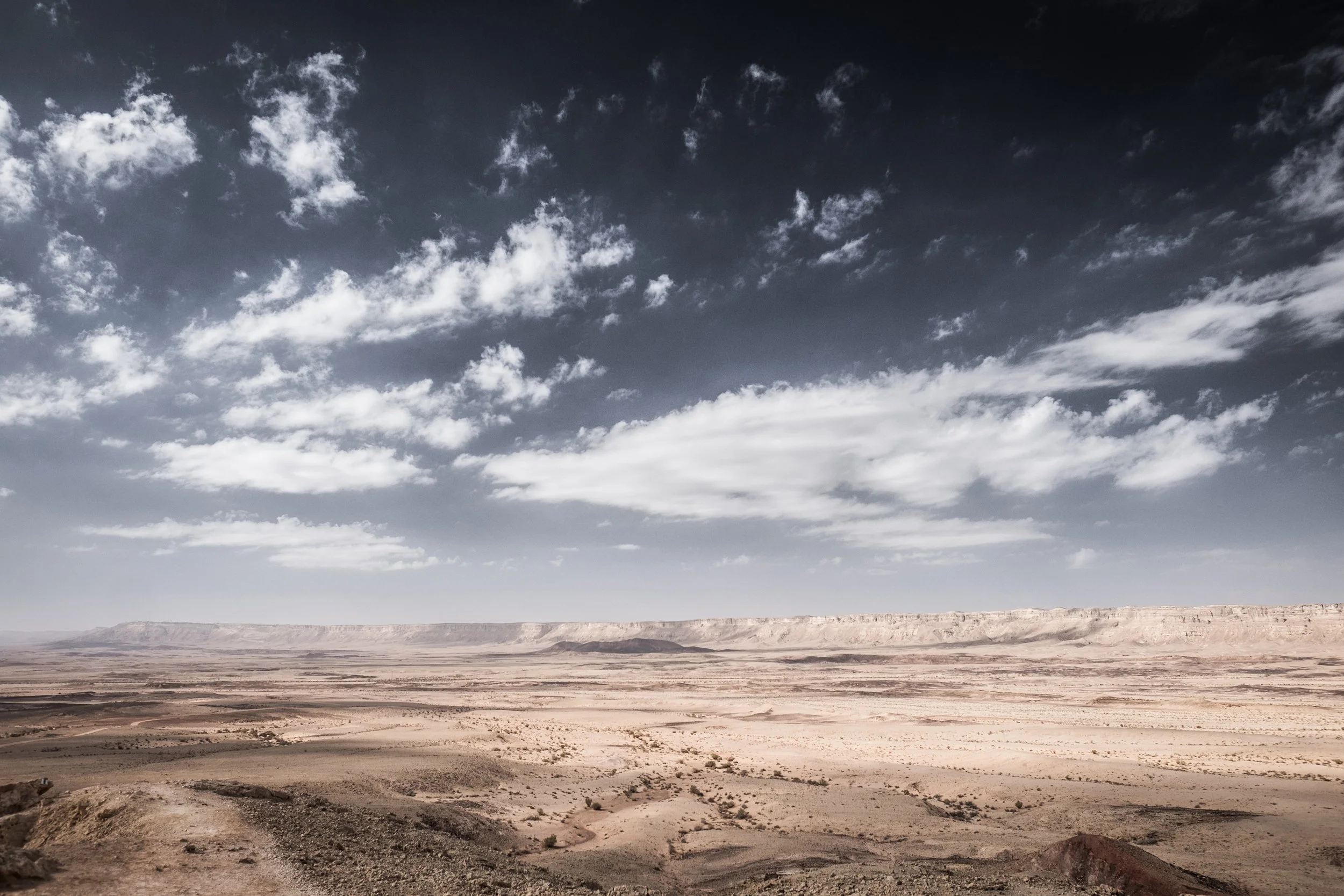Striking Rocks: Losing Sight of God
Have you ever struck a rock? I know I have. Let me explain.
The Israelites confront Moses in Num. 20, complaining about a lack of water, and once again they question why God has brought them to the desert to die. Moses and Aaron go before the Lord and fall face down with their complaint, and once again (as in Exod. 17), God answers by providing water. But this time it is a little different. God instructs Moses and Aaron,
Take the staff, and assemble the congregation, you and Aaron your brother, and tell the rock before their eyes to yield its water. So you shall bring water out of the rock for them and give drink to the congregation and their cattle. (Num. 20:8, ESV)
Seems simple enough, right? So, Moses and Aaron do what the Lord tells them; they gather the assembly in front of the rock where Moses says,
“Hear now, you rebels: shall we bring water for you out of this rock?” And Moses lifted up his hand and struck the rock with his staff twice, and water came out abundantly, and the congregation drank, and their livestock. (Num. 20:7-11)
But do you notice anything different from what God instructed? Moses asks, “Shall we bring water for you out of this rock?” He then goes on to strike the rock not just once, but twice. Where in God’s instructions did he say to strike the rock? Nowhere! So why does Moses say we and why does he strike the rock? I’m glad you asked, because I have some thoughts on this.
Moses is human too. Power is a very alluring thing, as is being your own master. As humble a man as he is (the most humble of all people according to Num. 12:3), the desire to make it a “Moses Show” may have prevailed in the moment. The master of self may have become more prominent than the master of all. It’s easy to pull Aaron into this (remember the golden calf incident), and we also see Aaron questioning power in Num. 12:1-2.
Because of this one decision (perhaps a momentary lapse in judgment), Moses would never enter the Promised Land. It doesn't seem fair, but Scripture never explicitly records any complaint from Moses, though he does blame the Israelites later on in Deut. 3:26. And for him, I imagine the discipline feels mild compared to the sin. Why? A person who is humble in heart (who sees God as his or her only treasure and master) recognizes to an even greater extent why the quest for power and recognition reveals a loss of focus on that which is truly important: God.
Moses is blessed to glimpse the Promised Land and he’s content knowing there’s more to come. We need to be content to catch a glimpse of the “earthly Promised Land” without desiring more, because we know it pales in comparison to the Promised Land to come. Eternity in God’s presence!
I also wonder if Moses thinks, “Speaking to the rock is not enough, Lord. Last time I did this (Exod. 17:6) you had me strike the rock and it really moved the people. It won’t have the same impact this time unless I strike it.” So he strikes it. Maybe Moses thinks God’s miracle needs a stronger presentation, and I wonder how often we do that. It’s important to note here that God only needs us to uphold him as holy. The Lord says to Moses and Aaron, “Because you did not believe in me, to uphold me as holy in the eyes of the people of Israel, therefore you shall not bring this assembly into the land that I have given them” (Num. 20:12, emphasis added). Showy does not mean godly.
Finally, note that God still works in spite of Moses’s disobedience. The water still comes from the rock and the people’s thirst is quenched. Even when we find ourselves striking rocks in ministry, God will still work and the people will still be spiritually fed, even if it’s in spite of our disobedience. The real question is whether or not we want God to work through us or in spite of us.
The moral of the story is to be wary of striking rocks as leaders of God’s people. We need to steer away from the temptation to make what we do about ourselves. We need to realize that we don’t have to make God look better. We simply need to be faithful to our call to serve God and uphold him as holy before his people. I’m reminded that the priests’ core duty was to distinguish between the holy and the common—between the clean and unclean—by teaching people the word of God. Maybe our task is as simple as that. Just maybe.







